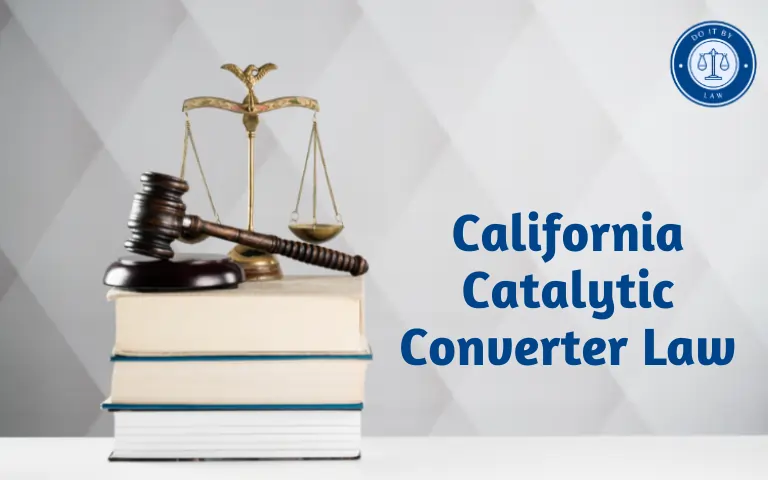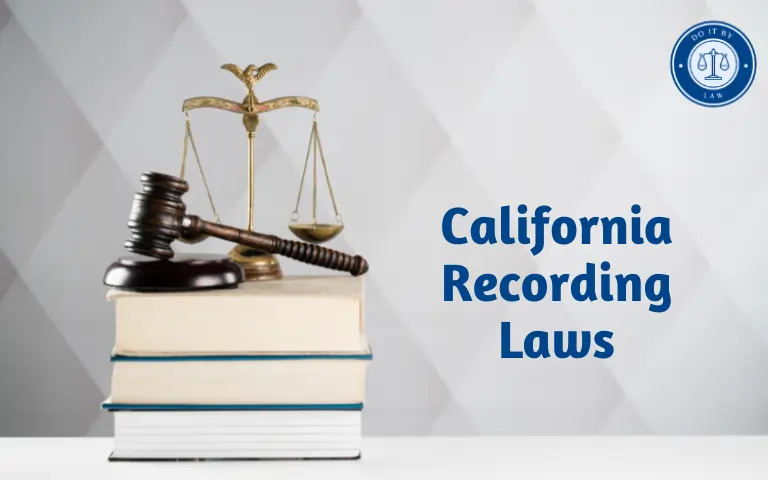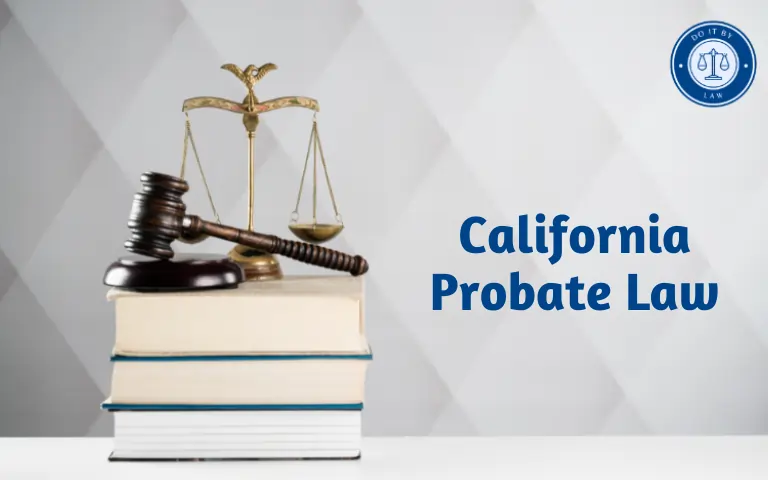California Catalytic Converter Law: What You Need to Know
California State has strict laws governing catalytic converters – the emissions control devices installed on vehicles. Regulations cover approved models, smog check requirements, exemptions, anti-theft protections and penalties. Here is a comprehensive overview of California Catalytic Converter Law legislation – from the reasons these laws exist to new changes cracking down on rising converter thefts.
When Were California Catalytic Converter Law Enacted in California and Why?
California first began enacting laws regarding catalytic converters in 1975 when the state mandated their use to meet Clean Air Act standards.
The goal was to reduce air pollution from vehicle emissions by requiring converters proven to curb toxic gases linked to smog and respiratory disease. Standards grew stricter over time.
As converter thefts surged in recent years with rhodium price spikes, California lawmakers enacted new laws in 2022 to deter this criminal activity.
The regulations aim to prevent pollution while protecting owners from theft of this critical emissions control equipment.
Who Do California Catalytic Converter Laws Apply To?
California’s catalytic converter laws apply to:
- All vehicle owners/drivers in California. Converters must be maintained to stay compliant.
- Smog check stations inspecting converters during testing.
- Businesses and individuals selling used converters in California.
- Scrapyards and recyclers accepting converters. Must follow new documentation rules.
- Out-of-state suppliers shipping converters to California market.
- Anyone removing or replacing a converter in California.
Key Provisions of California Catalytic Converter Laws
California institutes many legal requirements surrounding catalytic converters:
- All gasoline vehicles model year 1975 and newer must have properly operating, CARB-approved converters.
- Random roadside inspections can check converter presence and functionality.
- Smog checks test converter efficiency as part of emissions inspection.
- Converters must be California-approved models meeting strict pollution reduction standards.
- Theft deterrence laws added in 2022 regulate scrap dealing and record-keeping.
- Strict chain of custody rules for scrap yards buying used converters.
- Ban on buying used detached converters not attached to a vehicle.
- Harsh penalties for removing or disabling a converter in violation of California law.
Penalties for Violating Catalytic Converter Laws
Penalties exist on both the vehicle owner and business side:
- Car owners face $1,000 fine for tampering with, removing, or disabling a converter.
- $2,500 initial fine + $500 per day for businesses buying unofficial detached converters.
- Up to 6 months in jail for unlawfully possessing or recycling converters.
- Repeat offenses face felony charges, and jail time up to 3 years.
- Businesses can lose their license to operate for violations.
- Smog check failures lead to registration suspension until fixed.
Recent Changes to California Catalytic Converter Law
In 2022, California enacted two laws to address soaring converter thefts:
- SB 1087 banned purchasing detached converters not attached to a vehicle.
- AB 1651 mandated detailed record-keeping on used catalytic converter transactions.
Authorities can also mark converters with VINs to help track stolen parts. However, some industry groups argue the rules are overly strict. More legislative changes may still occur in the coming years to curb converter crime.
Controversies and Concerns Around California Catalytic Converter Laws
While seen as necessary to fight theft and pollution, aspects of California’s catalytic converter laws raise debate:
- Stricter than federal EPA rules, putting extra compliance burdens on vehicle owners.
- Price spikes made rules like SB 1087 necessary, but some fear they go too far in restricting legal recycling.
- Left old converters grandfathered in, allowing outdated pollution technology to remain.
- Scrapyard paperwork requirements are burdensome for legitimate businesses.
- Enforcement resources are strained with the system relying on inspections to catch violators.
- The black market for stolen converters still finds ways to thrive despite new laws.
- Innovation is stifled by limiting converters legal for sale to just state-approved models.
As California continues strengthening converter laws, they balance anti-theft goals with ensuring fair recycling and access to affordable emission control parts.
Conclusion
For decades, California has led the nation in catalytic converter laws seeking to curb harmful vehicle emissions. But a rash of thefts led to dramatic new anti-theft measures in 2022 regulating the scrap trade. While aimed at crime prevention and pollution reduction, aspects of the strict converter rules cause ongoing debate. With converters essential for vehicle compliance statewide, regulators continue balancing environmental needs with practical recycling and ownership concerns under California’s complex web of catalytic converter statutes.







